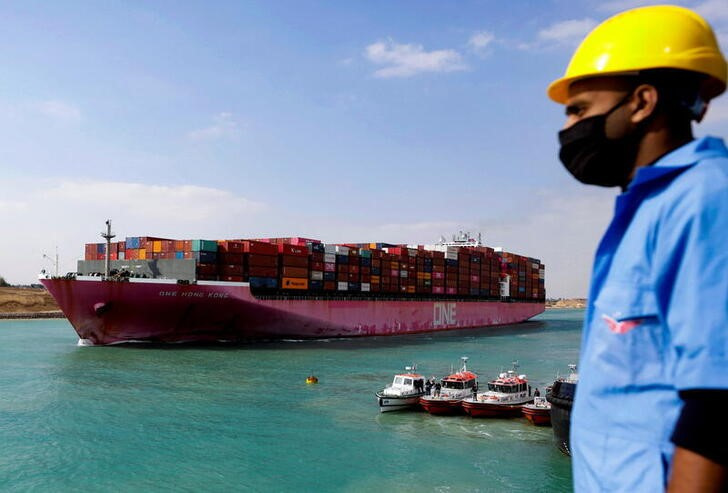Our local correspondent in Egypt reports an increase in cases where seafarers have been detained for carrying prohibited items, such as drones and other “suspicious” electronic devices, in their luggage when embarking or disembarking ships in the country.
A seafarer was travelling from abroad to join his ship in Port Suez, Egypt when he was detained by the local coast guard for illegally carrying a drone in his luggage. The seafarer had no criminal intent. The drone was to be used for work related tasks such as hull inspections as well as for taking private photos while at sea. It had not been or intended to be operated during his stay in Egypt, and Egypt was merely a coincidental port of embarkation. Nevertheless, the sole fact that he had in his possession a drone was considered a violation of Egyptian law when not having the necessary permits from the Egyptian authorities.
Egyptian law on drones
Egypt enforces a very stringent drone law that not only regulates the manufacture, trade and use of drones but also makes it illegal to import and possess drones without permit issued by the relevant Egyptian Ministry of Defence (Law No.216 of 2017). Furthermore, anyone who violates this law faces the risk of imprisonment up to seven years as well as hefty monetary fines. Considering the potential for severe consequences, the seafarer in our case was eventually let off lightly with a USD 300 fine after a court process. However, he also lost his drone, did not get onboard the ship in time, and despite being treated well by the Egyptian authorities, was subject to a rather stressful situation involving a thorough assessment by the National Security Authority. All things considered this was an experience the seafarer would absolutely have preferred to be without.
Ignorance of the law is no excuse
Many ship agents are good at warning ship operators of the local restrictions that apply to seafarers in transit when joining or disembarking from a ship to fly home. Yet, each individual traveller, seafarer and others, is ultimately responsible for checking the international travel information pages for their destination to find out what is prohibited.
Nearly every country in the world has specific regulations for importing goods from abroad. While some items are more or less universally regulated, such as drugs, weapons, ammunition, explosives, and hazardous substances, the requirements will vary from country to country, and some are more peculiar than others. New Zealand is known for its strict rules on equipment and food that could carry unwanted pests or diseases into the country and requires even your used hiking boots to be declared as a risky item. In Norway you need a special permit to bring potatoes into the country, regardless of quantity. And in Egypt, as many have now learned the hard way, a special drone law makes it illegal to import, possess or use drones without a permit from the authorities. Reference is also made to our alert “Drones launched from vessels” of June 2016.
Our Egyptian correspondent warns that local authorities are also suspicious of other types of electronic equipment that come across as “unusual” or where it is difficult to understand its nature, particularly if it seems to contain some type of radio transmitter. Even if the device in question is not prohibited by law, it may take the police some time (maybe hours) until they are sure that it is not of a prohibited nature. This delay may cause the seafarer to miss his/her ship or flight let alone spend anxious time waiting for release. It is also worth noting that the level of scrutiny upon entering the Suez Canal port areas is likely to be higher than at the Egyptian airport security desks due to the canal’s importance to national security.
Source: Hellenic Shipping News






